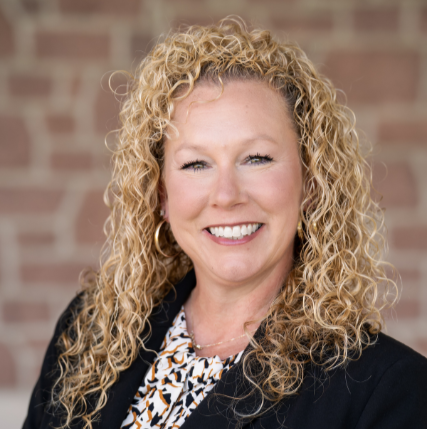Designing for Healthcare Worker Safety & Wellness
AIAU24-AAH05R
 Included in subscription
1.0
LU|HSW
Course expires on: 07/03/2027
Included in subscription
1.0
LU|HSW
Course expires on: 07/03/2027
Description
The rising occurrence of violence in the healthcare workspace is a growing concern. In a recent survey, 72% of healthcare workers said their biggest safety concern is patients becoming violent. Another 61% said their biggest safety concern is the mental health impact of burnout. These concerns are affecting healthcare worker recruitment and retention with 68% prioritizing workplace safety when looking for a job and more than half noting they would be likely to quit if a violent incident occurred.
Healthcare workers' mental and physical safety is a real and urgent concern affecting clinical care. The built environment must adapt and support these concerns. Join this panel of healthcare leaders to discuss and address operational and architectural healthcare modifications to create a safer work environment with improved wellness for staff.
This course was recorded live on July 23, 2024.
Course expires 07/01/2027
Learning Objectives
Analyze recent trends to understand the diverse and often unspoken safety needs of healthcare workers and how they affect the health and wellness.
Obtain insights into how the built environment hinders or helps staff safety issues and how the perception of a healthcare facility can change as it becomes more secure.
Identify how to design for wellness through intentional considerations and applications to support the mental well-being of healthcare workers.
Understand how social bias affects the mental and physical health of staff and what can be done to create a space of belonging for all.
Presented in partnership with the Academy of Architecture for Health (AAH).





